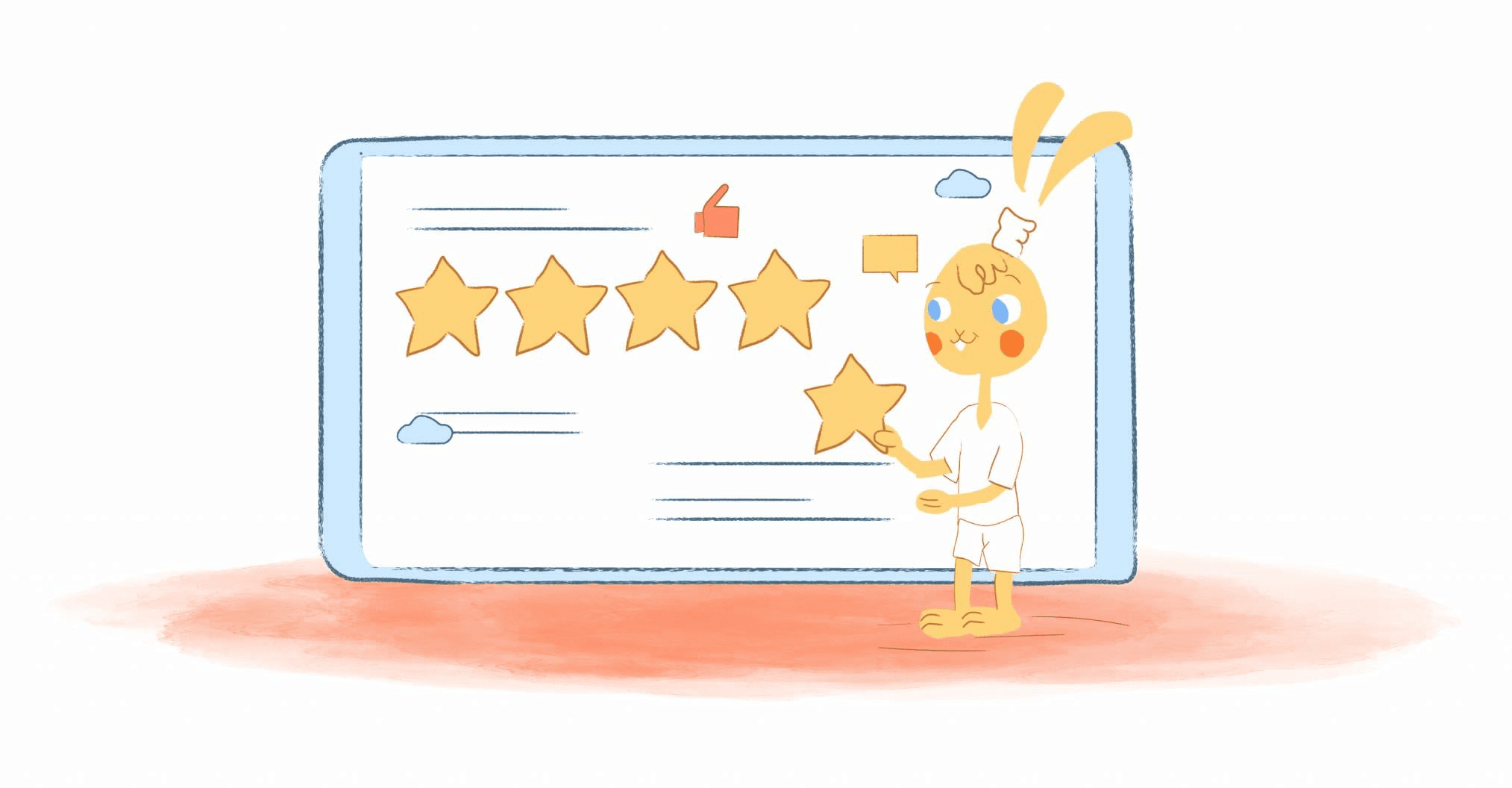

In the last couple of weeks, around the Calendar office, people are dropping like flies with some kind of flu or something. And, if I’m frank, this is making me anxious. Like most of you — I don’t want to catch anything. It’s not so much feeling like garbage. It’s just that I have way too much to do. Working while sick isn’t fun, but you can still get stuff done.
There’s a strong possibility that you will get hit with some illness at some time in your life.
No matter the precautions that you take and how much you prioritize your health, all the healthy meals you eat and all the vitamins you take — it’s inevitable — someday, somehow — you will get sick.
If there is a silver lining, though, feeling under the weather gives you a chance to take a break. I know that as an entrepreneur, you think you have the superhuman ability to be working while sick. Even though I had to break the news to myself, and I hate to break the news to you — you aren’t superhuman. You need time away from work to rest, recharge, and recuperate — especially when you’re not feeling well. Essentially, working while sick is not always a great idea.
What’s more, it’s still possible to be productive. Want to know how? You can still get stuff done even when you’re indisposed.
Plan ahead.
This is something that you should be doing weekly — regardless if you’re sick or not. I sketch out my ideal week every week. It’s just a simple way to ensure that I remain productive.
But, this also allows me to come up with a contingency plan. If you know anyone who’s in education, it’s like having plans for a substitute teacher. They have an emergency plan in place in case they can’t make it the classroom. You’re not going to treat your team like students — especially if you’ve trained them properly.
However, create a schedule for your employees well in advance. Assign the right tasks to the proper team members. And, appoint someone you trust to run the show in your absence. In other words, set up your business so that it can run smoothly whether you’re there not.
Be strategic about what you’re going to do.
Let’s say that you do wake-up, not feeling 100%. But, you still have to get some work done today. Committing to a full day of work probably isn’t an option. And, physically, you’re going to have energy outages throughout the day.
The solution? Focus only on your top priorities. That’s it. As for everything else? Reschedule, delegate, or drop, and, don’t stress over them. Stress weakens the immune system. Worrying about things that aren’t urgent or important right now isn’t going to help you recoup.
Just like your normal workday, tackle your MITs in the morning. Remember, this is when you have the most energy. So, knock out anything that must get done today as soon as you can.
Keep your germs to yourself.
Stay home. Seriously. You don’t get the rest of your team sick — which can certainly harm your organization’s productivity. Also, you should set an example and advertise your team to do the same.
Besides, working remotely increases productivity. And, thanks to technology, it’s still possible to not only get your work done but also be in touch with your team.
For example, what if there’s an emergency or a meeting that can not be rescheduled? Thanks to instant messaging, cloud-based documents, project management software, and virtual meetings, you can still be available no matter where you are.
What about the work that can’t be completed using technology? You may want to get into the habit of being it home with every day so that you have it. If not, then at least have it organized so that you can get to it when you return.
If You’re Working While Sick, Work in short bursts.
Pace yourself. On top of not being at peak performance, your body also needs to heal. So, don’t push yourself too hard. Instead, if you’re working while sick, work in increments.
You’re probably already using this system since it’s kind of like the Pomodoro Technique. Work for a short time, like maybe 25-minutes, and then take a break. If you’re up to it after the break, get back to work. If you need more time to rest, then do that. You can get back to your work when you feel like you have an energy burst.
Don’t neglect your well-being.
Whether you’re at work or staying home, you must take care of yourself when under the weather. That means getting plenty of sleep, staying hydrated, and not overextending yourself.
You could also add a little self-care to your routine. For instance, you could try aromatherapy, take a hot shower, and then get nice and cozy and watch something funny. That last tip may sound counterintuitive. But, humor is a simple way to influence your immune system.
The point is, instead of trying to power through your normal obligations, set aside time to attend to your well-being. It will help you recover faster. And, the short break will rejuvenate you so that when you get back to work, you’ll be fully charged.
Tackle those low energy tasks you’ve been putting off.
We all have those tasks that we put on the backburner. Maybe it’s calling your insurance company, booking a hotel for an upcoming trip, or finally achieving inbox zero.
Is there a book you’ve been putting off? Are there any files, either in your home office or laptop, that need to be organized? Could you create a calendar template, develop content ideas, or review your business plan?
Today is the perfect time to address these tasks. The reason? They don’t require a lot of energy. Additionally, crossing them off your list makes you feel like you accomplished something productive. And, that may even reduce the stress or anxiety you’re feeling about missing a day of work.
Look to the future.
I came across this in Lifehack and I think it’s a great suggestion. According to the article, don’t force yourself to work on “pressing, urgent projects” when you’re not feeling well. When you’re not able to do the work physically, you may also end up making mistakes. Take a few moments until you’re not struggling with focus and concentration.
To get around this, Alex Fayle of the blog Someday Syndrome, focused on long-term planning and future career goals.
“I could have gotten cranky. I could have pushed myself and produced utter crap,” Fayle explained. “Or I could have taken a break and let whatever was bothering me pass. My lazy tendencies stirred long enough to convince me of the virtue in the last option.” Interestingly, however, Fayle “wasn’t completely unproductive.”
He “took the time to come up with a series of visions for” his “future – not the outcome kind of future but an action-based one.” He “looked six months, one year, three years and five years into the future and decided what I was doing.” Not a draining task when you’re ill. But, more importantly, those “who picture future actions rather than future outcomes are more likely to achieve their goals.“











Howie Jones
My name is Howie and I'm a Customer Success Manager at Calendar. I like to ensure our customers get the best experience using our product. If you have questions email me howie at calendar.com